Top 10 Easiest Languages to Learn for English Speakers
Learning a new language can be exciting and rewarding experience, but some languages are easier to pick up, especially for English speakers. This is because certain languages share similar grammar rules, vocabulary, or sounds with English, making the learning process smoother. Every learner is different and may face different challenges depending on their background and how they learn. However, some languages are usually easier for people who speak English. If you are thinking about learning a new language and want it to be easier, choosing one of these might be a good idea.
Easiest Languages To Learn for English speakers usually have certain features with English, like similar sentence structures, familiar words, and simple grammar rules. Learning a new language can create many opportunities. For example, European languages are often easier because they share a common past with it.

Another reason a language might be easier to learn is because English speakers are already used to it. For example, languages like Spanish or French are often heard in movies, music, and daily life, making them more familiar and easier to learn.
It is also important to think about pronunciation. Some languages have easier pronunciation that are like English sounds. As a result, learning new words does not require as much effort for English speakers.
Easiest Way to Learn a New Language In 2024
Today, learning a new language is easier than before with many tools available, like apps, online courses, and language exchange groups. If you are new to this, you may be thinking about how to start and learn quickly. For native English speakers, some languages are easier to learn because they share similar grammar, words, or culture.
In this article, we will study simple ways to make learning a language easier. Our list will also include the easiest languages for English speakers to learn. These tips will help you learn faster, keep you progressing, and enjoy the process as you go.
- Set Clear Goals
To start learning a new language, it is important to have clear goals. Whether you want to have basic conversation, understand grammar, or become fluent, knowing your goals will keep you focused. - Engage Yourself in the Language
Even if you are not in a country where the language is spoken, you can still engage yourself in it. Engage yourself with the language by watching movies, listening to music, or reading recipes in the language. You can also switch the language on your phone or social media accounts, which makes practicing fun.
- Use Language Learning Apps
There are many apps that make learning a language easy and fun. You can practice anytime, and many apps help you with pronunciation and grammar. - Start Speaking Early
When learning a new language, it is common to focus on reading and writing, especially you are shy or unsure about speaking. But it is important to practice speaking right from the start. Language exchange apps like HelloTalk and Tandem can connect you with native speakers. - Do not Be on Edge to Make Mistakes
Do not be afraid to make mistakes. Mistakes are temporary part of learning they are one of the best ways to get better. Whether you are speaking, writing, or trying to understand a new language, mistakes help you improve.
Here are top 10 easiest languages to learn for English speakers to learn. These languages are great options for anyone looking to pick up a new language without too much difficulty.
List of 10 Best Easiest Languages to Learn In The World
Spanish
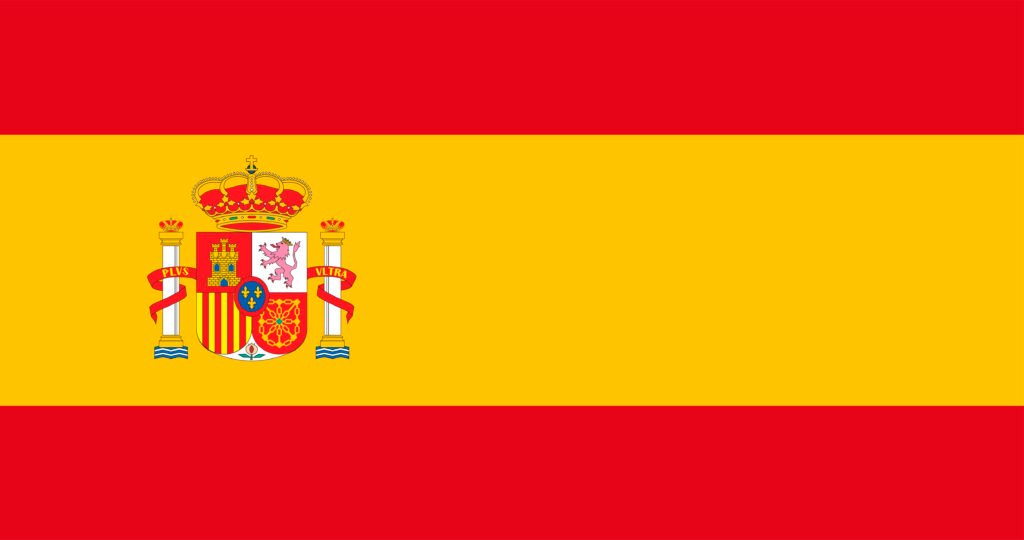
🕐Regular learning time: 24 weeks (600hours)
🗣️ Total number of speakers: 595 million
📍 Countries to travel: Colombia, Argentina, Mexico
The Spanish language is one of the easiest languages to learn for many people. It is spoken by millions of people worldwide, especially in countries like Spain, and Mexico. The way you say the words in Spanish is also quite simple. It has some similar words to English, and the way it sounds is easy to understand. Its grammar rules are also simple.
Italian

🕐Regular learning time: 23-24 weeks
🗣️ Total number of speakers: 63 million
📍 Countries to travel: Italy, Switzerland
Many words in Italian are like English because since both languages have roots in Latin. Most Italian words are pronounced exactly as they are written, pronunciation is simple. Compared to other languages, its grammar is simpler. With regular practice it is possible to become in fluent in Italian faster than any other languages.
French

🕐Normal course time: 24 weeks (575-600 hours)
🗣️ Total number of speakers: 320 million
📍 Countries to travel: France, Switzerland, Belgium, Morocco, and Canada
As a romance language, it’s vocabulary is particularly similar to English. Due to historical interactions between England and France, many French words have been included in English, making it more familiar and useful. It is an official language of international organizations and is second most studied language globally.
Dutch
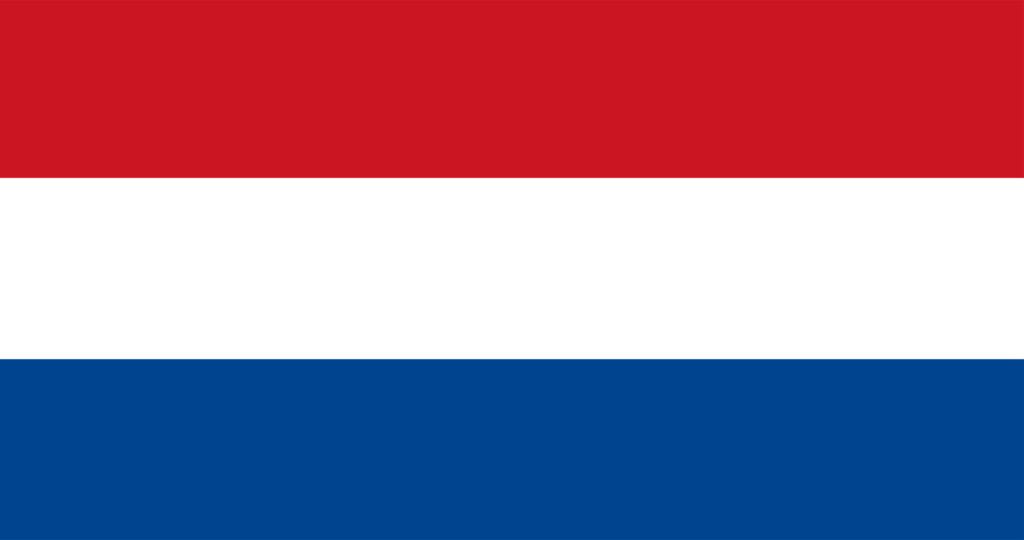
🕐Standard course time: 24 weeks (575-600 hours)
🗣️ Total number of speakers: 23 million
📍 Countries to travel: Netherlands, Northern Belgium
Dutch is considered a, for the most, basic language for English to learn. Dutch pronunciation can be difficult at first but it is possible to master. Learning Dutch is also practical, as many Dutch speakers are multilingual and often engage in foreign environment.
Norwegian

🕐Typical course time: 23-24 weeks (575-600 hours)
🗣️ Total number of speakers: 3 million
📍 Countries to travel: Norway, Denmark, Sweden
Many Norwegians speak excellent English, which can be helpful for beginners. Learning Norwegian can broaden your point of view and provide you with opportunities for employment, travel, in Norway and other Nordic nations. Talking a unused language can be fun due to its melodious tone.
Portuguese

🕐Standard course time: 23-24 weeks (575-600 hours)
🗣️ Total number of speakers: 250 million
📍 Countries to travel: Portugal, Brazil, Macau
Portuguese is an attractive language for English speakers, ranking as the sixth most spoken language globally. One of the advantages of learning Portuguese is its language like Spanish, making it easier for those already familiar with Spanish. Portuguese is a rewarding language to learn for both personal and professional growth.
Romanian
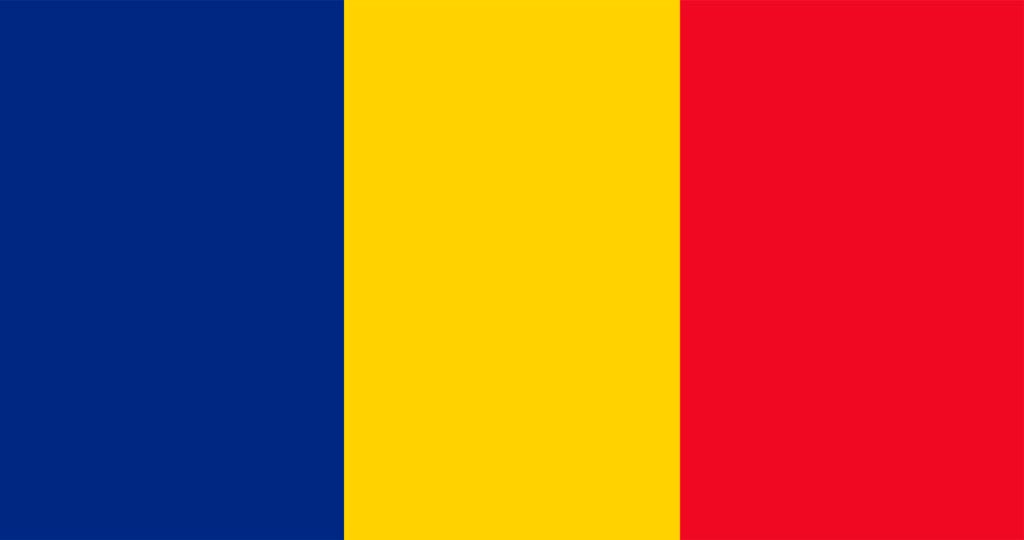
🕐Customary learning time: 24 weeks (575-600 hours)
🗣️ Total number of speakers: 27 million
📍 Countries to travel: Rome and Moldova
Romanian, a part of the romance language family, is basically spoken in Romania and Moldova. It is also considered to be one of the easiest languages to learn For English speakers. Learning Romanian can be both rewarding and challenging. Romanian use the Latin alphabet, which simplifies reading and writing for English learners. However, its grammar can be complex, gendered nouns, and variety of conjugations. Online courses and language learning apps also provide lessons to build vocabulary and grammar skills.
Afrikaans
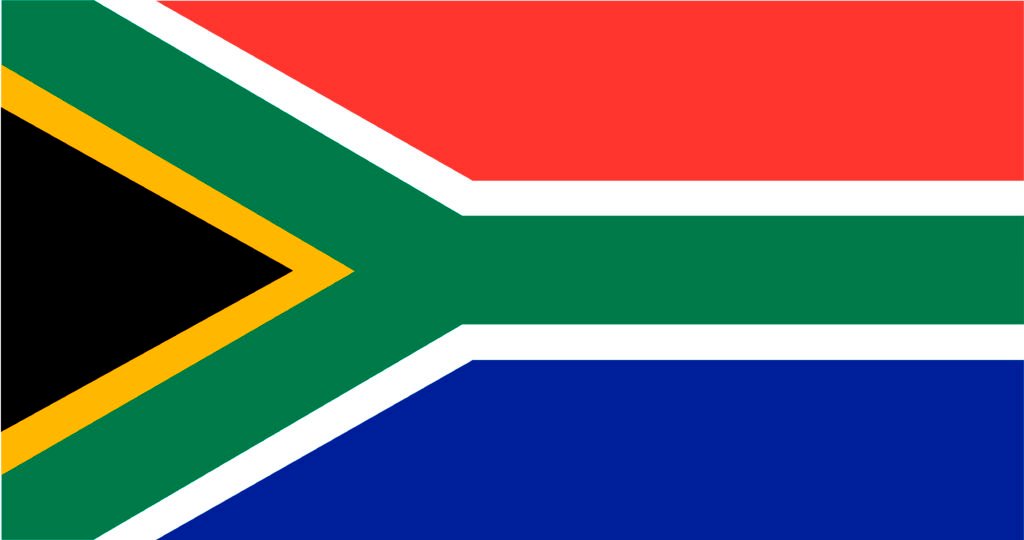
🕐Standard learning time: 24 weeks (600hours)
🗣️ Total number of speakers: 6 million
📍 Countries to travel: South Africa
Pronunciation in Afrikaans, is generally phonetic, words are pronounced as they are written, which can help learners grasp the language quickly. While it is spoken in South Africa and Namibia, Afrikaans has a rich history of literature and cultural value. For those interested in South African culture, learning Afrikaans can enhance understanding of local history, music, and literature.
Tagalog

🕐Ordinary learning time: 44 weeks (1100 hours)
🗣️ Total number of speakers: 45 million
📍 Countries to travel: Philippines
Tagalog, also known as Filipino, is one of the official languages of Philippines and is widely spoken by millions of people. The pronunciation of Tagalog is very easy for English speakers, though some may require time. Exposure to Filipino music, films, and pop culture improves knowledge. On the other hand, Tagalog grammar is different from English grammar. It has a verb-subject-object structure, which can be hard for beginners.
German
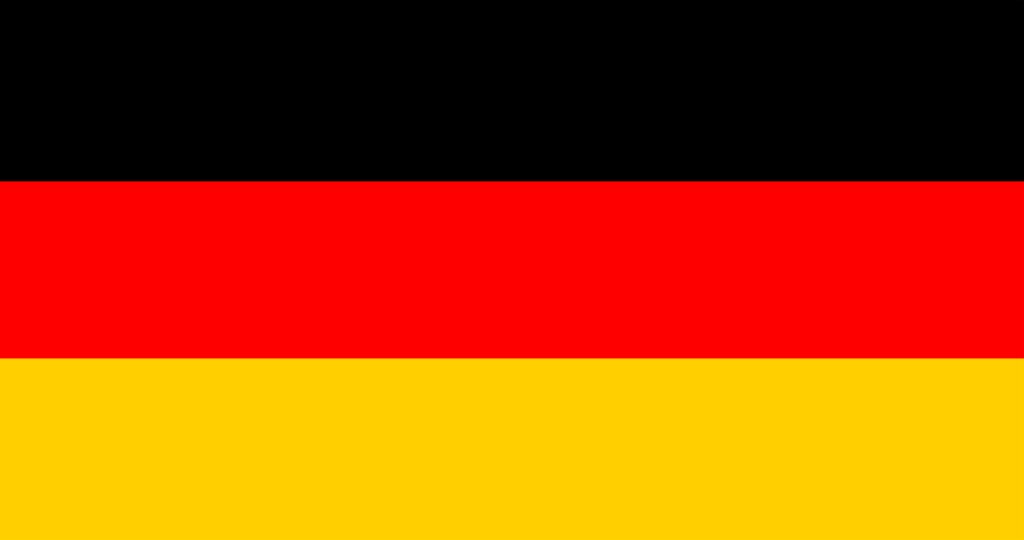
🕐 Regular class time: 36 weeks (900 hours)
🗣️ Total number of speakers: 100 million
📍 Countries to travel: Germany
Because German and English have similar grammar, learning German is one of the most popular foreign languages for English speakers. German is highly structured, with clear grammar rules. German can open many opportunities especially in industries like engineering, science, business, and arts, as Germany is a major economic power and a cultural hub in Europe. With dedication and continuous practice, German can be a rewarding language for personal and professional opportunities.
Learning a new language can be made easier with the right approach and tools. For English speakers, some languages are simple to pick up because they share common grammar, vocabulary, or culture. Using apps, online courses, and language exchange groups can help you learn faster. By choosing a language that is more familiar or easier to pronounce, your learning journey can be smoother and more rewarding.
Frequently Asked Questions
What are the easiest languages to learn for English speakers to learn?
The top 10 easiest languages for English speakers include Spanish, Italian, French, Portuguese, Dutch, Swedish, Norwegian, Danish, Afrikaans, and Romanian.
Which language is Easiest to learn from the list?
Spanish, due to its simple grammar, is often considered the easiest language for English speakers to learn.
Can I learn these languages on my own?
Yes, there are many resources available online, such as apps, websites, and books, to help you learn these languages learn by yourself.
How long does it take to learn one of these languages?
For more of these languages, it can take around 600-750 hours of study. This will take 6-12 months of regular practice.
Which language will help me travel the most?
Spanish and French are widely spoken across the world, knowing one of them can be helpful when travelling.

